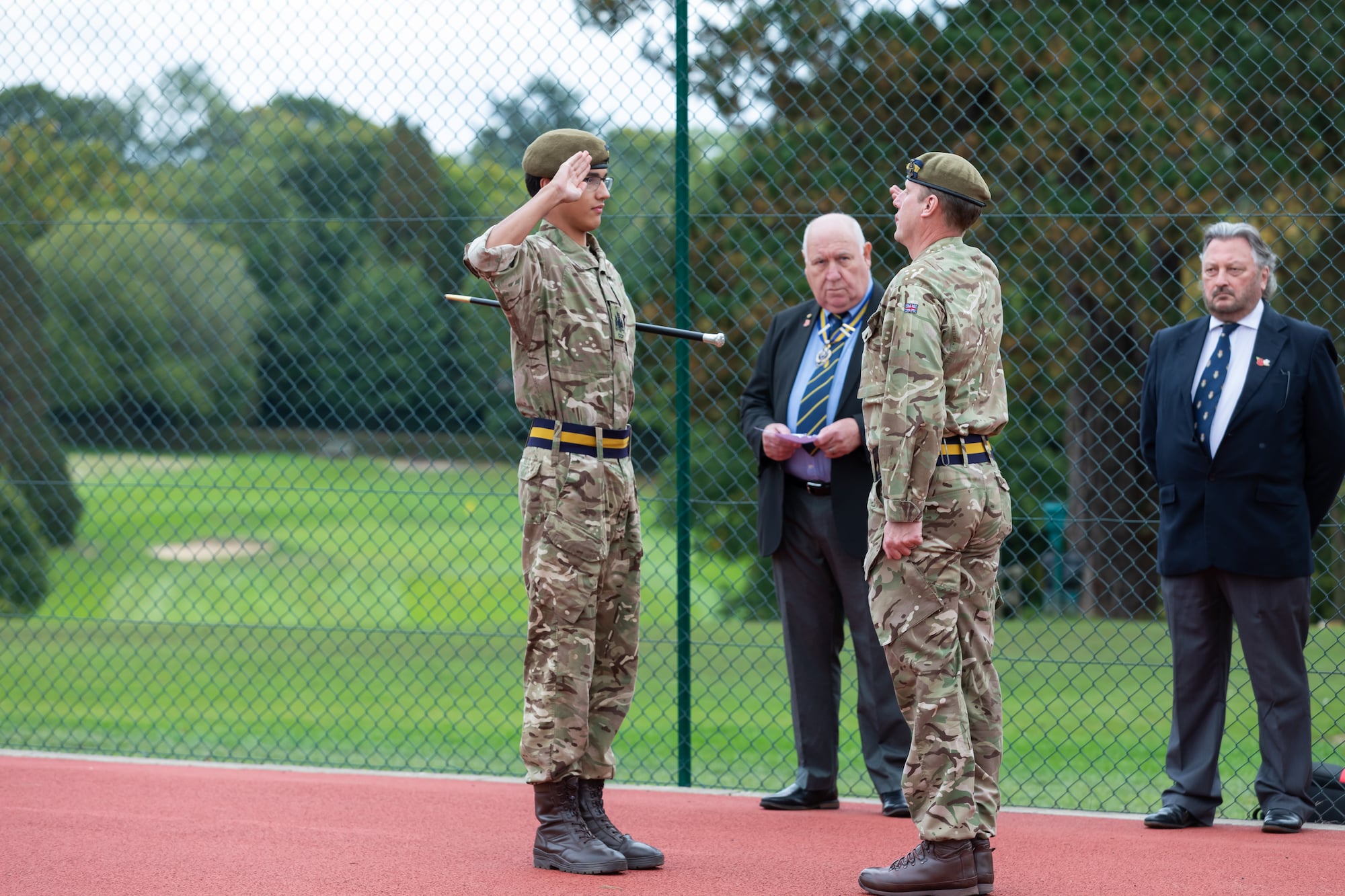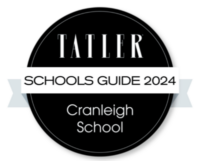 On 31st January, Philip Scriven was joined by Cranleigh Voices for an evening performance to mark the midpoint of his epic survey of J. S. Bach’s complete organ works.
On 31st January, Philip Scriven was joined by Cranleigh Voices for an evening performance to mark the midpoint of his epic survey of J. S. Bach’s complete organ works.
Given his own meticulous architectural craftsmanship, the composer would no doubt have approved of the symmetrical organisation of the programme, with each half framed by cornerstones of the repertoire and centred around a chorale prelude. Excerpts from the St. Matthew Passion also provided a thematic connection between the two halves. The whole provided an exemplary cross-section of Bach’s organ output, demonstrating his consummate artistry in a diverse range of styles.
The tremendous scope and complexity of Bach’s music was immediately established with Philip’s solemn rendition of the Buxtehude-inspired Passacaglia and Fugue in C minor, BWV 582, whose ingeniously intertwined variations segue into a double fugue based on two subjects derived from the passacaglia theme. It is certainly not difficult to see why this work’s C minor gravitas made its mark on numerous Romantic and twentieth-century passacaglias.
Bach’s contrapuntal wizardry was transformed into joyful mode for ‘Lobet den Herrn’. The motet’s unidiomatic vocal writing can pose challenges even to professional vocalists, but Cranleigh Voices performed its intricate imitative entries and rapid melismas with vitality and commitment. The choir also shone in Philip’s sprightly reading of the famous ‘Jesu, Joy of Man’s Desiring’, BWV 147, in defiance of more commonplace slow and reverential interpretations. The well-blended chorale phrases were threaded together seamlessly by Ben Rudolf’s beautifully flowing obbligato violin line.
The exquisite counterpoint in the aria ‘Ich will bei meinem Jesu wachen’ from the St. Matthew Passion was performed by Tom Hollister (tenor) and Harry McCagherty (oboe) with impressive stylistic and harmonic awareness and a wonderfully expressive sense of line. It was also edifying to hear the final movement of the same work ‘Wir setzen uns mit Tränen nieder’, directed by Marcus Pashley, sung with such subtlety and emotional maturity.
Equally moving was the gently haunting penitential chorale prelude, ‘O Mensch, bewein’ dein Sünde groß’, deriving from the end of Part I of the St. Matthew Passion, with its poignant ‘Grave’ chromaticism depicting the snake as the embodiment of sin. Abundant chromaticism was also evident in the “Great” ‘Fantasia and Fugue in G minor’, BWV 542, whose rapid and remote modulations were made all the more intense by the Mander organ’s Kellner temperament.
The two Toccatas ending each half of the programme (BWV 564 and 540) were notable for their incredibly demanding pedal work, in particular the mind-boggling speed and dexterity with which Philip launched into the first virtuosic pedal episode of BWV 540, liberating the bass from a 30-bar sustained F. The ensuing double fugue concluded the programme as it had begun, in grandiose contrapuntal majesty.
Philip’s survey continues on Tuesday 7th February at 12.30pm, with a highly recommended recital of trio sonatas, partitas and concertos.
KDW
Back to all news











